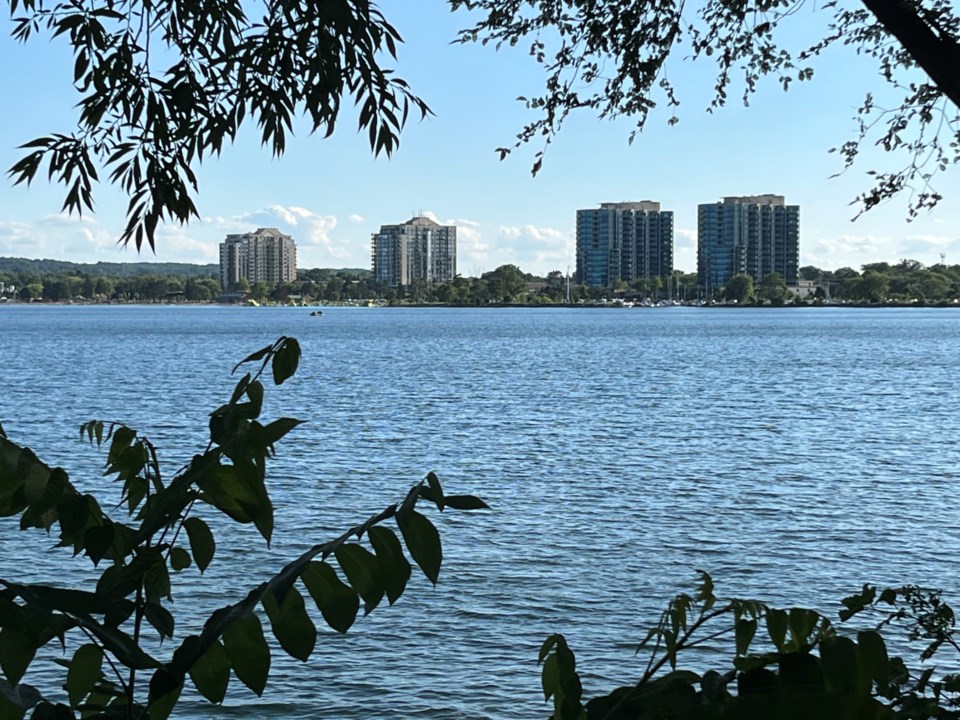Barrie’s population grew by 4.5 per cent from 2016 to 2021, to 147,829 people from 141,434, says Statistics Canada in its census information released this week.
This ranked Barrie 16th in population among Ontario municipalities, and 35th in Canada.
In 2021, there were more women than men living in Barrie, 75,440 to 72,385, says Statistics Canada, residing in 57,276 private dwellings, on 24,463 total acres of land.
Barrie had a 5.4 per cent increase in private dwellings since 2016, StatsCan says.
On average, 2.6 people lived in each household.
The average age of Barrie residents last year was 40.2 years, with the average male 38.8 years old, the average female 41.6 years.
The marital status for those Barrie residents indicates 59,595 men were married, 63,490 women were married, according to StatsCan.
Of Barrie’s population, 24,640 people are immigrants.
StatsCan defines an immigrant as a person who has been granted the right to live in Canada permanently by immigration authorities. Immigrants who have obtained Canadian citizenship by naturalization are included in this group.
The United Kingdom had the largest number of immigrants in Barrie last year, with 3,325 people, Stats Can says.
Next was the Caribbean and Bermuda (1,760 people), India (1,675), Philippines (1,455), China (1,045), Jamaica (840), Poland (840), and Pakistan (770), according to StatsCan numbers.
Statistics Canada also measured the number of Barrie residents living in poverty in 2020. There were 9,830 city residents considered to be living in poverty that year, or 6.8 per cent of the population.
The Canadian government says it does not have an official definition of poverty. However, it says poverty is often assessed by measuring the number of Canadians with low income.
Those thresholds are below what a family will devote a larger share of its income on — the necessities of food, shelter and clothing — than the average family.
For more information, visit statcan.gc.ca .



